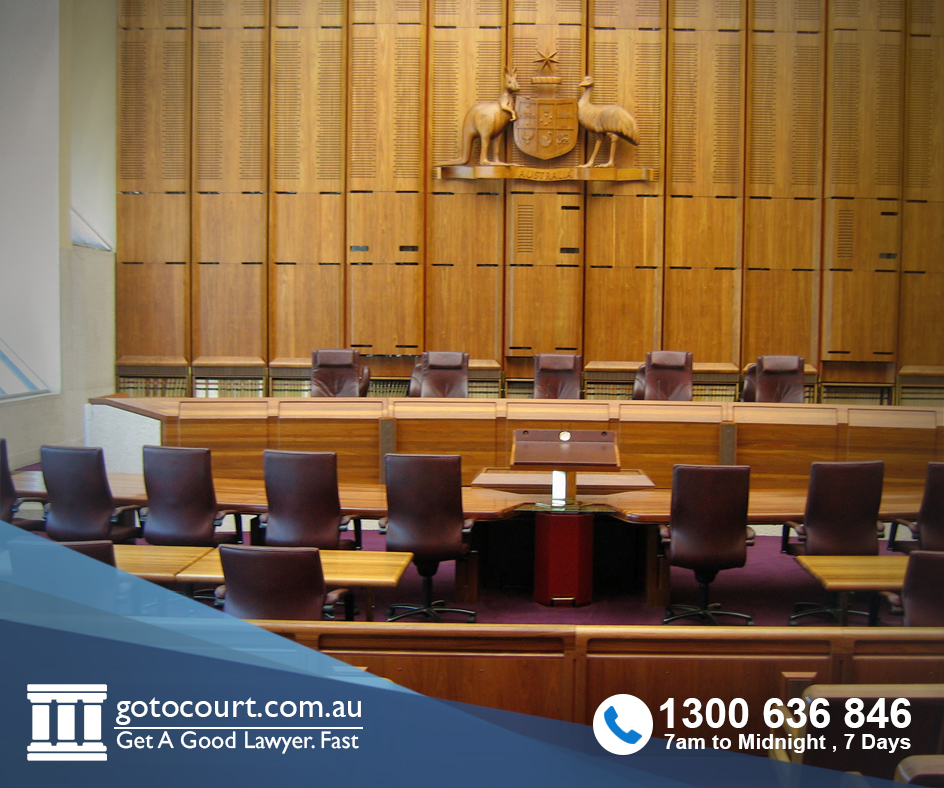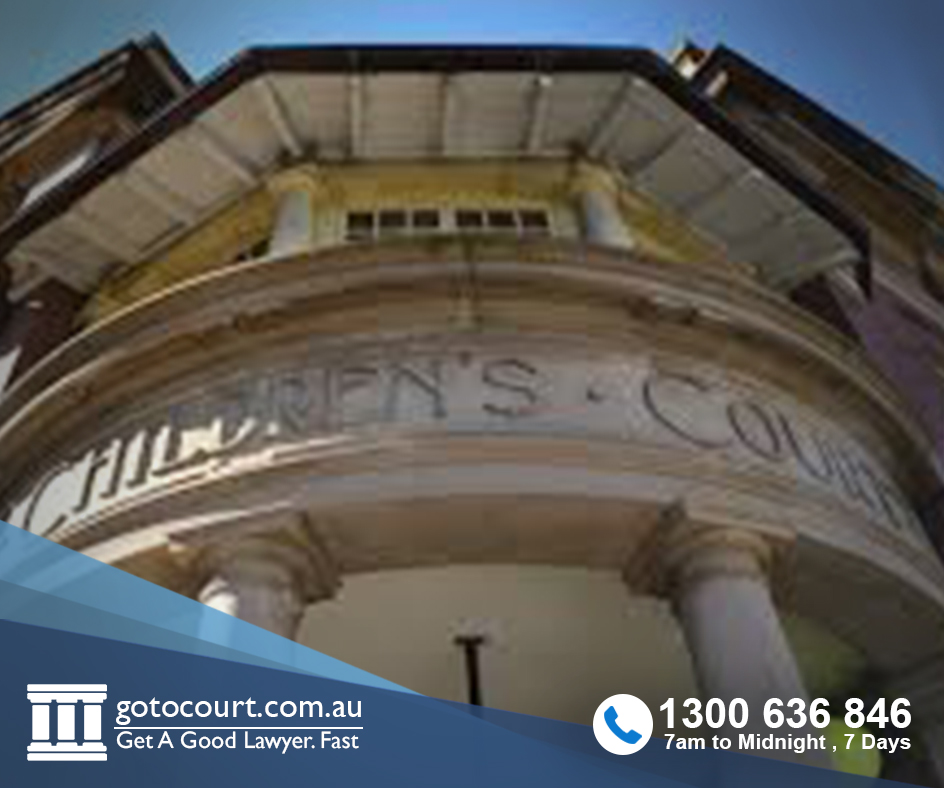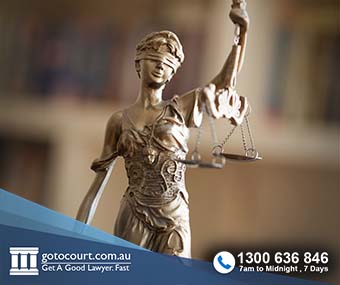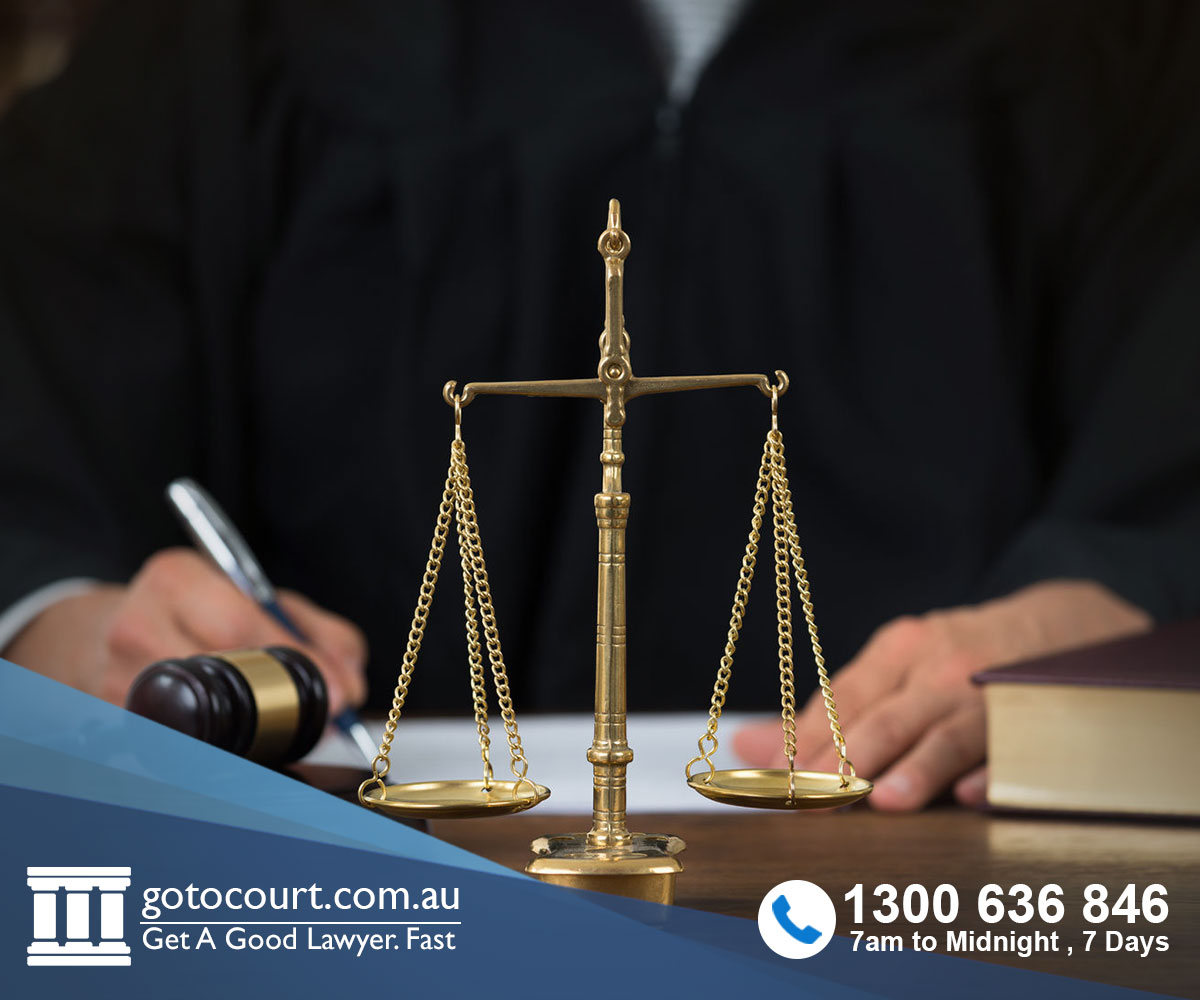Criminal Appeals From the District Court (WA)
Submitting a criminal appeal from the District Court is a long and arduous process and should not be undertaken lightly. Criminal appeals are a specialised area of law and it is important to obtain through legal advice and suitable representation.
In criminal appeals by the defence, the defendant is known as the Appellant and the prosecution is known as the Respondent.
Grounds of appeal
The grounds of appeal are the reasons why you say that a conviction or sentence was wrong. To win your criminal appeal you need to convince the court to uphold one or more of your grounds of appeal as demonstrating that a substantial miscarriage of justice occurred. It may be that the Judge, your lawyer or the prosecutor made an error or allowed an error to be made. The leave of the Court of Appeal is required for each ground of appeal.
Appeal Notice
To commence a criminal appeal, an Appeal Notice must be filed within 21 days of the date of the conviction or sentence. If you lodging your Appeal Notice after the 21 days have expired, you must seek leave to proceed with the appeal. This application is usually heard at the same time as the appeal.
Appellant’s Case
Within 56 days of an Appeal Notice being filed, the Appellant’s Case must be filed with the Court of Appeal and served on the Respondent. In a defence appeal, the Respondent is the Director of Public Prosecutions (DPP).
The Appellant’s Case must contain:
- the grounds of appeal the Appellant intends to rely upon;
- written submissions in support of those grounds;
- the legal authorities the Appellant relies on;
- the final order(s) the Appellant seeks;
- a draft index for the Appeal Book.
Once the Appellant’s Case is filed and served on the DPP, the DPP has 21 days to prepare the Respondent’s Answer. This will be filed with the Court, and you or your lawyer will be served with a copy.
Leave Hearing
Following the filing of the Appellant’s Case and Respondent’s Answer, the Court will give consideration to whether there is any need for a hearing to determine leave to appeal. In many circumstances, the court will assess the grounds for appeal at this point. There are three options for the court:
- To determine the question of leave “on the papers”. This means that they do not require any oral submissions to make their decision.
- To request to hear oral submissions on the question of leave to appeal. In this case, the court will schedule a leave hearing for your legal representative and the representative of the DPP to come to court to make submissions. The question of leave will be determined at the leave hearing, and if you are unsuccessful in obtaining leave, the Appeal will be dismissed. The Appellant themselves rarely attends this hearing when they are legally represented.
- The final option is that the court refers the decision of leave to appeal to the final Appeal Hearing. Three judges of the Court of Appeal will then consider whether the Appellant should be granted leave to appeal after receiving more information and hearing submissions.
The court may also make programming orders; review the matter at a later date; list the matter for a mention at a later date or make such other orders as the Judge deems necessary. Once you or your lawyer has been informed of the way in which the court wishes to proceed on the appeal matter, you will be provided with further information.
Appeal Books and the Appeal Hearing
Assuming leave to appeal is granted or the question of leave is postponed to the appeal hearing, the criminal appeal will proceed to be listed for hearing before three Judges of the Court of Appeal.
Orders will also be made for the filing of the Appeal Books. The Appeal Books include all of the materials that have been prepared for the appeal, including the decision of the primary court and the relevant evidence from the primary court, including transcripts and exhibits.
Your legal representative will then argue the criminal appeal at the Appeal Hearing. You can either attend the Appeal Hearing in person, by video link or you can decide not to be present at all. The decision is entirely yours and will not affect the outcome of the appeal. Your lawyer can confirm your preference prior to the Appeal Hearing so that the court can be informed of whether or not you wish to attend.
Once your criminal appeal has been argued, it is most likely that the decision will be reserved so that the court can give it further consideration. A written Judgment will be published six months later and there will be a short hearing to deliver the Judgment.
Appeal Hearing or Leave Hearing?
The Leave Hearing should not be confused with the Appeal Hearing. They are completely different. If a Leave Hearing before a single Judge is required, and leave to appeal is granted, then the matter will be listed for the Appeal Hearing before three Judges approximately six months later. Your lawyer will clarify the status of your matter as it progresses and ensure that you fully understand all stages of the appeal.
Bail pending an appeal
Ask your lawyer about applying for bail. If you are going to apply for bail until the criminal appeal is decided (appeal bail), this will be done in a separate application.
Grounds of appeal against conviction
Some common grounds of appeal against a conviction are listed below.
- Evidence was wrongly admitted. An example of this is inadmissible hearsay evidence. Hearsay evidence is where a witness gives evidence about something, which they did not personally see or hear, but which someone else told them.
- The trial Judge failed to exclude a confession that was only made because of duress, intimidation or pressure (meaning that it was involuntary).
- The trial Judge wrongly failed to exclude hat was obtained unlawfully or unfairly. The trial Judge has a discretion to exclude evidence when the unfairness of the evidence is greater than the need to allow the evidence to be given to show what happened.
- The trial Judge wrongly stopped evidence being given.
- The trial Judge made a wrong decision about some procedural matter (such as refusing an adjournment) and that decision prevented the defence from being able to present all the relevant evidence.
- The trial Judge failed to properly direct the jury in the Judge’s address to the jury about some aspect of the law relating to your case such as in relation to the law concerning a defence raised by the evidence.
- The verdict of the jury was unreasonable or could not be supported where a jury acting reasonably ought to have had sufficient doubt to acquit the accused. Please note that an appeal court does not have the advantage of seeing witnesses give evidence and assessing their demeanour. The loss of this advantage imposes a restriction on the court’s ability to make that assessment where a case turns on the credibility of witnesses
- Fresh evidence has become available since the conviction and if the jury had heard the evidence, it would have acquitted you.
- Fresh evidence is evidence, which did not exist or was not available at the time of the trial.
Common grounds of appeal against sentence
Some common grounds of appeal against a sentence are listed below.
- The sentence was manifestly excessive or disproportionate to the total criminality involved in the offending compared with sentences that have been imposed on other people for similar offences committed in similar circumstances.
- The Judge overlooked or made a mistake about something to do with the law or the facts or your personal circumstances and that affected the sentence you were given.
- The Judge did not take into account factors such as the following:
- the time spent on remand before sentence
- a plea of guilty at an early opportunity
- the sentence received by your co-offender (“parity” of sentence).
- The Judge did not consider other sentences which were reasonably open in the circumstances such as an Intensive Supervision Order.
- The Judge took into account something that was irrelevant in deciding what sentence to impose.
- The Judge did not set a non-parole period where this should have been done.
If you require legal advice or representation in relation to a criminal appeal or any other legal matter, please contact Go To Court Lawyers.






